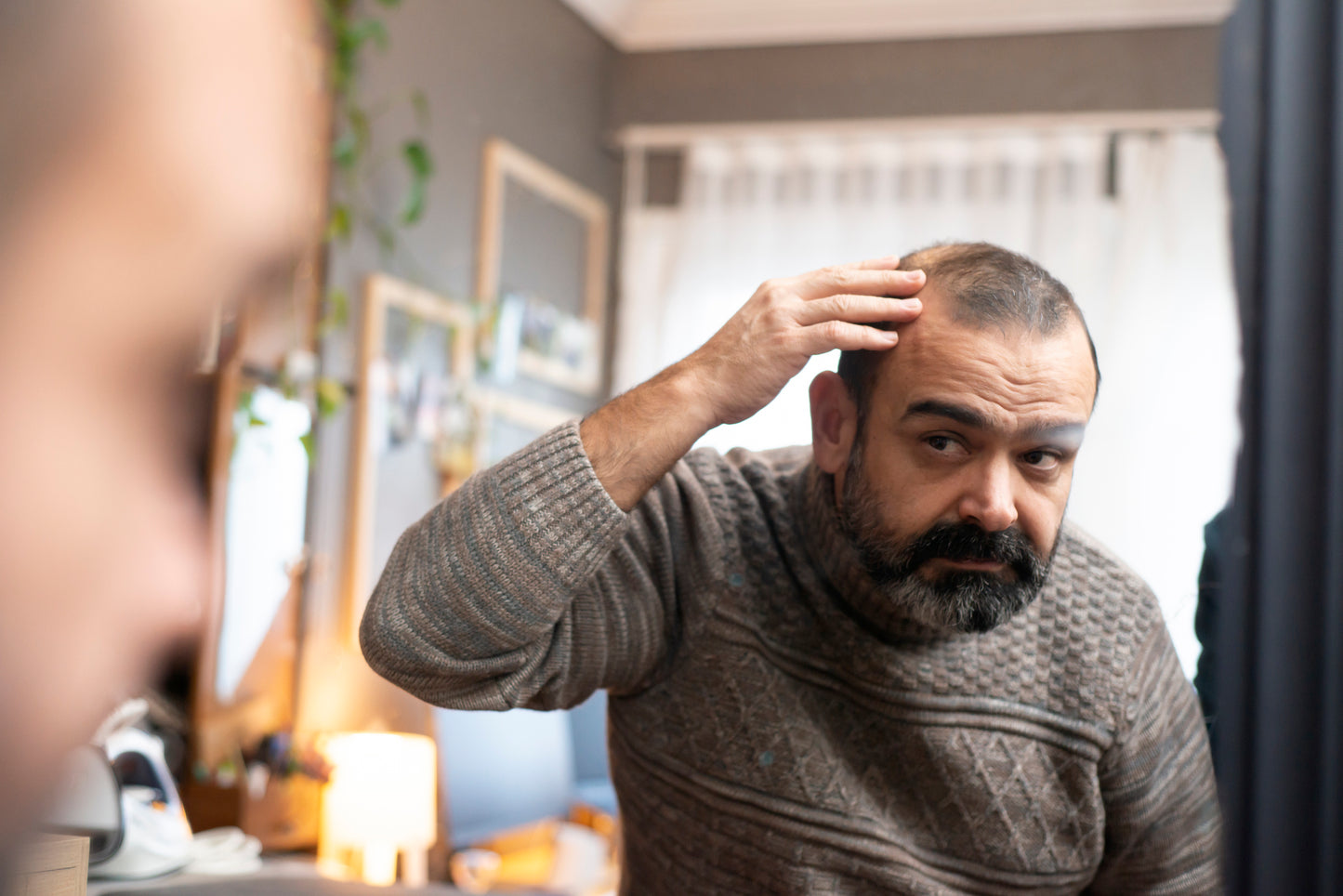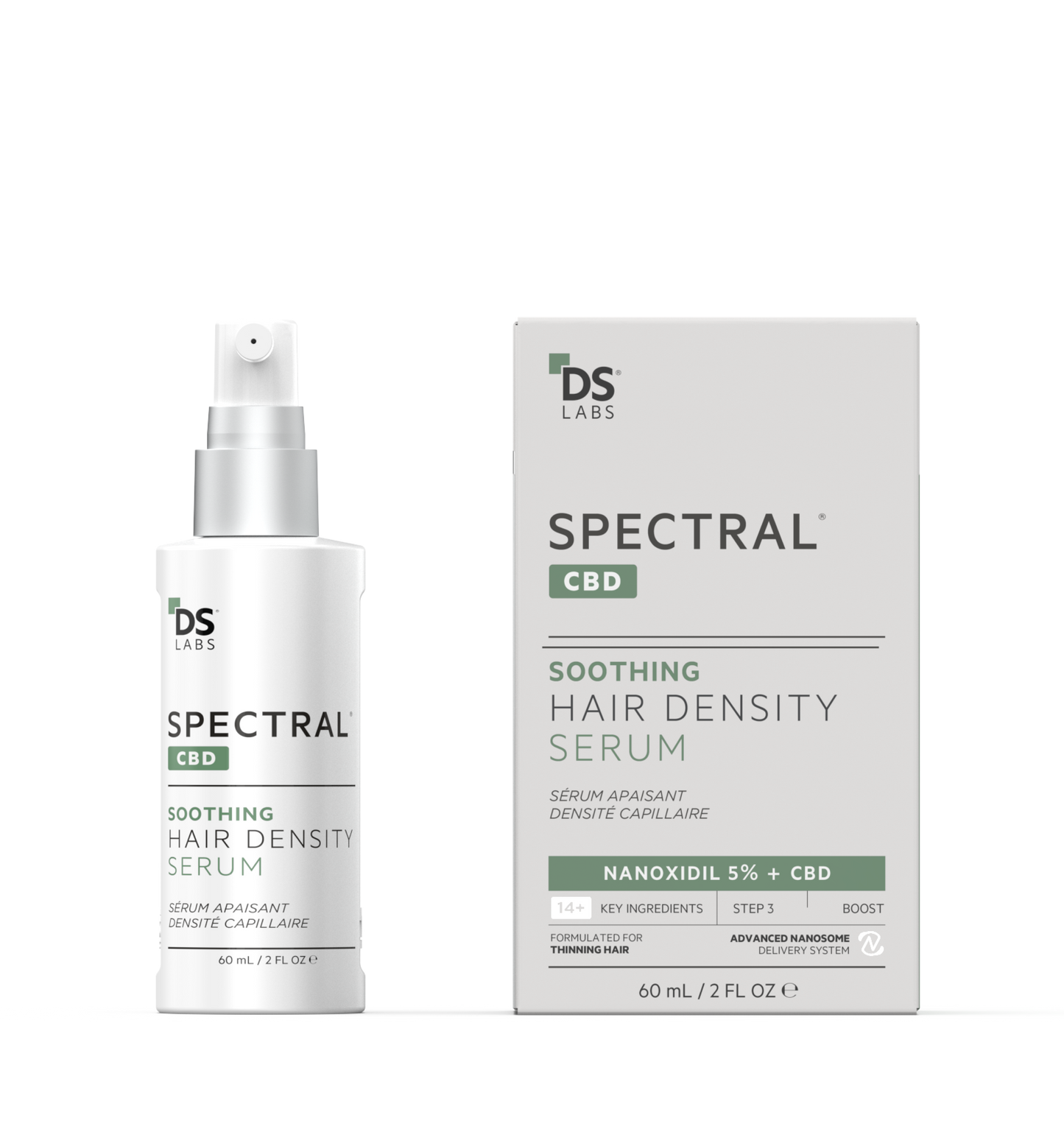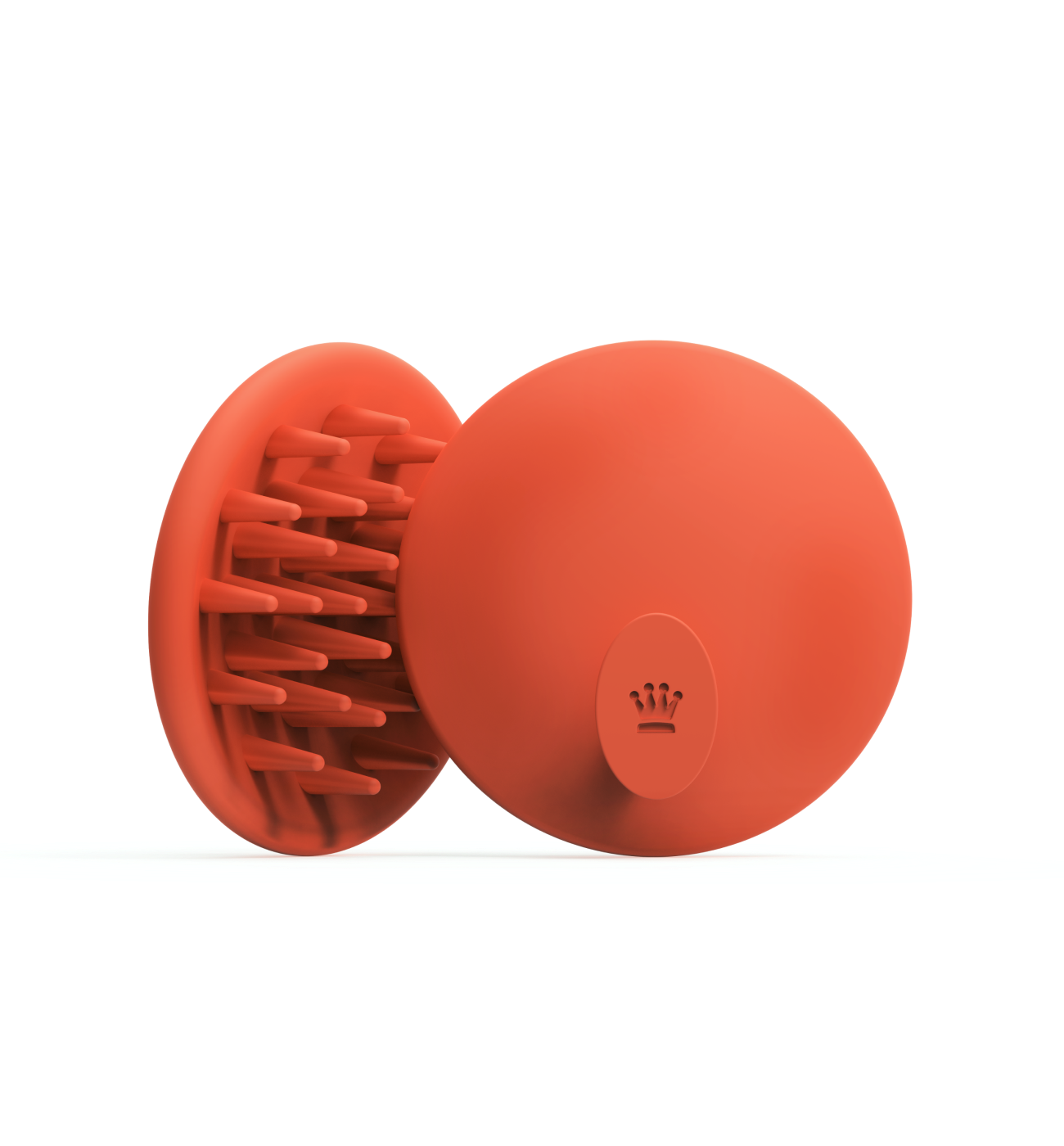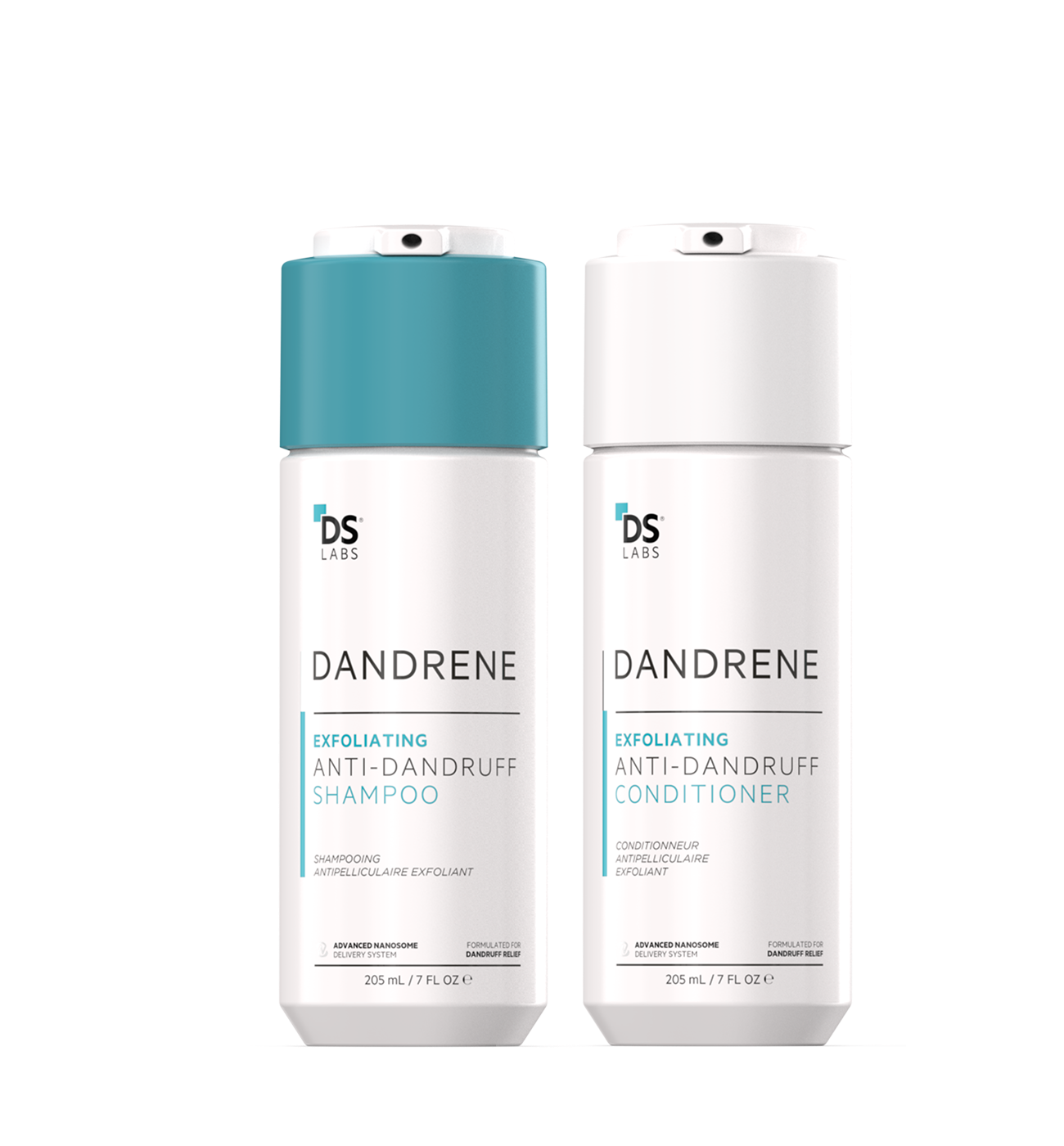Your scalp, while often overlooked, plays a crucial role in the health of your hair and overall well-being. Just as skin can be sensitive and prone to irritation, your scalp can also experience sensitivity that can lead to discomfort and hair issues. In this blog post, we will delve into the world of sensitive scalps, exploring common symptoms and providing helpful tips to manage and care for this often-underrated aspect of your body.
Symptoms of a Sensitive Scalp
- Itchiness and Irritation: If you find yourself constantly scratching your scalp or experiencing discomfort due to itchiness, you might be dealing with a sensitive scalp.
- Redness and Inflammation: Noticeable redness or inflammation on the scalp can indicate sensitivity, often accompanied by a burning sensation.
- Dryness and Flaking: Excessive dryness and flaking, similar to dandruff, may be a sign of scalp sensitivity.
- Tingling or Prickling Sensation: Some people report a tingling or prickling sensation on their scalp, especially when exposed to certain hair products or environmental factors.
- Hair Thinning or Loss: Sensitive scalps can sometimes lead to hair thinning or even hair loss, as the irritation can affect the hair follicles.
Tips for Caring for a Sensitive Scalp
- Choose Mild Hair Products: Opt for shampoos, conditioners, and styling products that are specifically formulated for sensitive scalps. Look for products that are fragrance-free, sulfate-free, and contain soothing ingredients like aloe vera or chamomile.
- Regular Cleansing: Keeping your scalp clean is crucial. However, avoid overwashing, as it can strip the scalp of its natural oils and exacerbate sensitivity. Aim for a gentle cleanse every 2-3 days.
- Avoid Hot Water: Hot water can further dry out and irritate a sensitive scalp. Use lukewarm water when washing your hair to prevent excessive dryness.
- Mindful Brushing: Use a soft-bristle brush or a wide-tooth comb to gently detangle your hair. Avoid aggressive brushing, as it can cause friction and worsen sensitivity.
- Natural Remedies: Consider incorporating natural remedies like tea tree oil, coconut oil, or aloe vera gel to soothe your scalp. Perform a patch test first to ensure you’re not allergic.
- Limit Heat Styling: Excessive heat styling can lead to additional scalp irritation. If possible, give your hair a break from heat tools and embrace natural hairstyles.
- Protect from the Sun: Just like your skin, your scalp can get sunburned. Wear a hat or use a sunscreen spray specifically designed for the scalp when spending time outdoors.
- Consult a Professional: If your scalp sensitivity persists or worsens, consult a dermatologist or a trichologist (hair and scalp specialist) for personalized advice and treatment.
Conclusion
Your scalp deserves the same level of care and attention as the rest of your body. A sensitive scalp can lead to discomfort and hair issues, but with the right approach, you can manage and alleviate these symptoms. By following gentle hair care practices, using suitable products, and seeking professional guidance when needed, you can maintain a healthy and comfortable scalp that contributes to the overall health and beauty of your hair.















